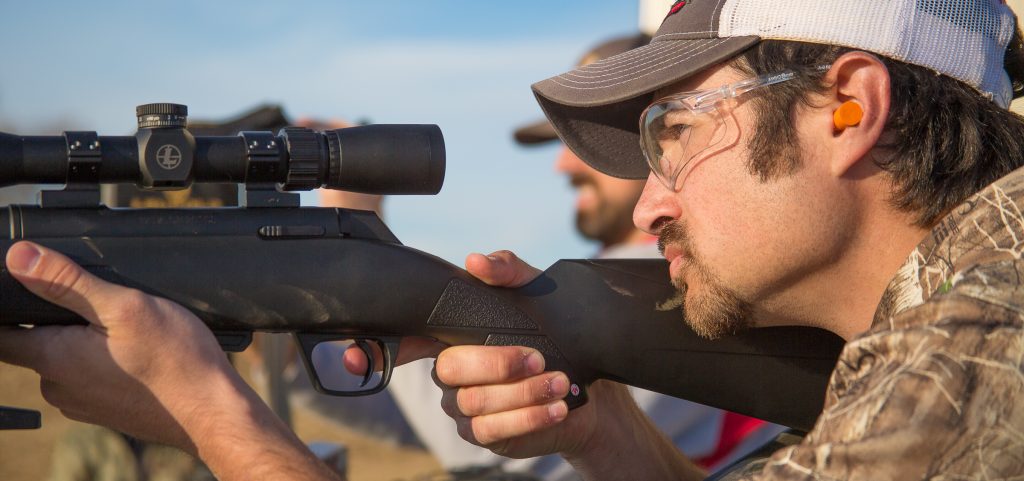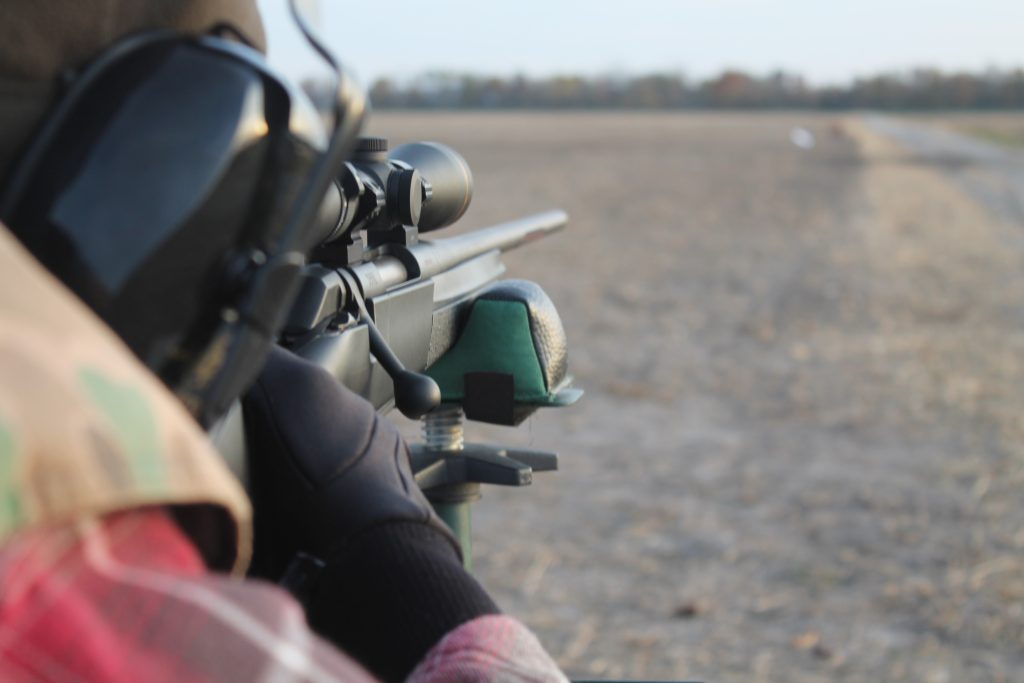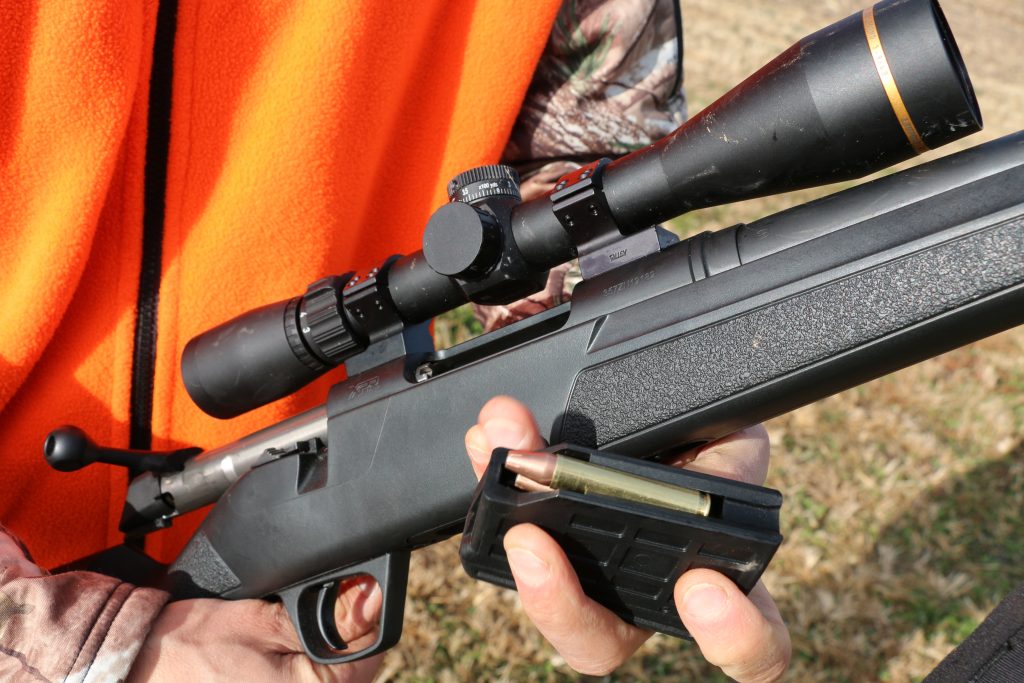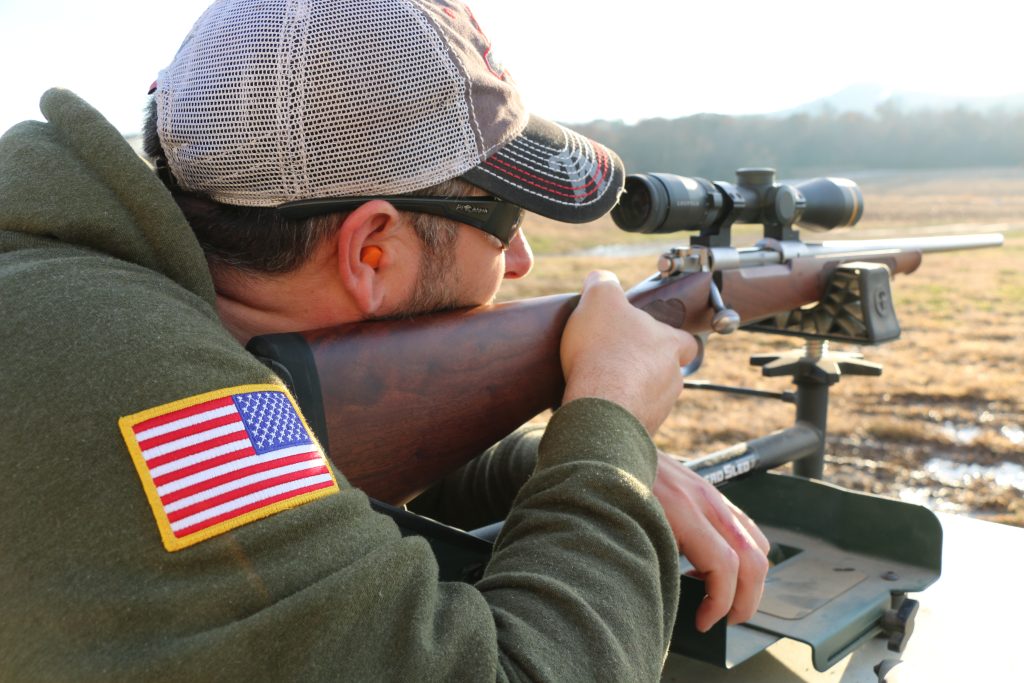How to Get an FFL License in Your State
Many gun owners are currently showing a lot of interest in getting a Federal Firearms License (FFL). We reached out to Brandon Maddox, the founder and CEO of Silencer Central and FFL123, for answers on the top questions on the matter. Here are some of the most important responses for how to get an FFL license in your state.
Josh Honeycutt (JH): How difficult is it to get an FFL?
Brandon Maddox (BM): I don’t feel like it’s that difficult. You just have to be sure that you’re in compliance with local, state, and federal law. This takes a little bit of homework before you submit your FFL application .
JH: How much does it cost to get an FFL?
BM: I recommend considering a manufacturing license. It allows you to assemble, make and sell firearms. It allows you to make ammunition. This license offers so many more opportunities than a basic license. During the Clinton administration, they went up in price to be a dealer. It costs $200 for three years to apply.
Whereas the manufacturing license is $150 to apply. It’s cheaper to be a manufacturer, which also allows you to be a dealer. It just feels like a better spend. At some point, if you want to make or assemble your own stuff, you’ll have the ability to do that.
JH: How does the ATF view this?
BM: Sometimes, the ATF will push back on that if you don’t have a plan. Still, it makes sense to consider that. It’s going to give you more options.
JH: From first steps to FFL in hand, how long does the process take?
BM: The federal statute requires the ATF to respond within 60 days. That doesn’t mean they always will, but that’s what the statutes require. So, I find they stay close to that, if not a little quicker. If you do your homework, you can get what you need locally in about 10 days. Then, once you apply, and know you’re getting approved with the feds, you can typically get it done in less than 90 days.
JH: In general, are people starting to get their FFL more than in the past?
BM: It’s been a big business because a lot of people benefit from an FFL. They can order direct from a wholesaler, and you aren’t having to pay for a transfer fee. It’s almost like buying direct. That’s the allure or reason why people are applying. Without a middleman, you get access to inventory quicker and cheaper than most.

Those who enjoy buying and collecting guns can get better pricing by having an FFL.
JH: That’s cool. Are there unexpected turns of events?
BM: The hard part is the feds aren’t going to approve an FFL for 100% personal use. You must have other plans as well. If you’re willing to do transfers for friends, such as GunBroker, or something like that, typically that’s enough that it isn’t 100% personal. But a lot of people go down the path of wanting an FFL to save on firearms, but the ATF will say no. It’s not going to issue you an FFL just to get stuff cheaper for your personal use. You must have a reason for commerce.
JH: Do you need to have a Limited Liability Corporation (LLC) to get your FFL?
BM: People will ask if they must have a “business” to get an FFL. That’s hard to answer. I’m not sure what they’re using as a definition of a business. You can apply for an FFL as an individual and put it in your name. Or you can put it in an LLC. There are a couple of things people must think about. When you get rid of your FFL, any inventory you have gets transferred into whatever entity you set these up in. Let’s say I’m just going to put the FFL in my personal name.
That way, when I get rid of the FFL, I can just keep all the guns in my own name. That sounds attractive, but if you have an FFL that’s good and takes off, you want to have it in an LLC for tax implications and from a liability perspective. You can get an FFL as an individual, but an LLC is better.
JH: So, what’s the real challenge?
BM: The hard part is to comply with local and state laws. You’re going to charge sales tax. In most states, even if you do a $25 transfer for an internet transfer, that’s a service, and the state will want you to tax that. In most cases, you have to register with the state. You are going to have to file income tax. That deters people when they hear that.
JH: Can you apply for an FFL as a trust?
BM: You can apply as an individual or LLC, but you can’t apply as a trust. People used to think you could apply as a trust, buy a bunch of silencers, get rid of your license, and just flow into the trust. They don’t do that anymore. The ATF won’t allow you to apply for an FFL under a trust.
JH: What’s the current trend — are more or fewer businesses getting their FFL?
BM: If you look at the National Shooting Sports Foundation (NSSF), and the number of background checks happening, they’re all at historical highs ever since the pandemic. So, because the demand is so high for firearms, I’m seeing more people interested in getting into the business and getting an FFL. I think it’s probably hurt some in places like Illinois where they’ve created additional state regulations to deter people from getting an FFL. But as demand increases, the number of background checks show the demand. And as demand increases, more people are getting FFLs.
JH: Are there differences in the FFL requirements depending on the state of residence?
BM: Basically, it’s a federal license. A lot of it is based on federal law. But one of the caveats is you must comply with state and local laws. In most cases, states don’t have many regulations for a firearms dealer, whether you get approved or not at the local location. In my opinion, the biggest issue is getting your local zoning approval. Because if you call local zoning and say, “Can I get an FFL, and sell firearms from my house,” — almost 100% of zoning in America will say no. If the ATF calls and they hear “no,” they aren’t going to approve your FFL.

States have slightly different rules for FFL licenses.
One of the caveats is communicating well with local zoning. Get their buy-in so that when the ATF calls them, everyone is on the same page. That’s not hard to do, but there’s an art to it. It’s about how to meet with zoning. Then, when you get them on board, and the ATF calls and gets their permission, everyone has a green light.
JH: How do you handle difficult situations?
BM: There are so many questions that come up when you become a new dealer. Someone showed up, and this happened, what do I do? It’s not always easy to get in touch with the ATF. So, basically, we get 400-500 emails per day from current customers asking.
JH: How did you start an FFL business?
BM: My goal was to buy high-end hunting rifles. That was my whole business model and plan. I was going to buy arms and sell these online or to people at gun shows. I quickly learned the chances of that were zero. That allowed me to pivot.

Having an FFL license can help secure discounts on ammunition.
JH: How do you grow an FFL business?
BM: Go into the situation knowing you have an interest in firearms and that this could be a hobby job on the side. But realize that it could grow into something more. Have an open mind. The only reason I got an FFL originally was to make sure I could get stuff cheaper for myself, and help some friends and relatives. Don’t discount it. It could turn into something bigger.
JH: When it comes to your services, what do you offer to people attempting to get their FFL?
BM: The ATF does come out to meet you. We give our customers what they need to prepare for the ATF. It isn’t a “gotcha” interview. It’s more like the ATF really needs to be sure you’re doing the paperwork properly. That’s what they use to investigate. Read through the paperwork. Read through the requirements and understand. So, when they meet with the ATF it’s so much (better). It’s a more productive meeting than if you meet with the ATF for the first time and you don’t know what to expect.
So, we give them a playbook. Make sure you read and understand it. They’re going to be at your house for half a day to a full day. ATF is going to leave with greater confidence that you know what you’re doing. We also give new applicants connections with wholesalers and those who sell direct. This gets your foot in the door. We also try to give access to a lot of resources.

With a good business plan, applying for an FFL license can lead to a successful venture.
My whole premise is that, if you research, prepare, and know you’ll get approved, then you won’t have that headache when applying. There’s a 60-day window that the ATF must respond. If you have local issues come up, the ATF will ask you to withdraw the application. Then, you must start over, and you have a denial on your record.
So, basically, the service we’re offering is the legwork that needs doing up front. Know what you’re getting into. Work to get it approved. Be prepared for the interview with the ATF. Know who you’re going to buy from and how it’s going to work. Have an open mind when you go into it.
Contact Info
Brandon Maddox
Full Disclosure: This post may include affiliate links. There’s no extra charge to our readers for using these.
